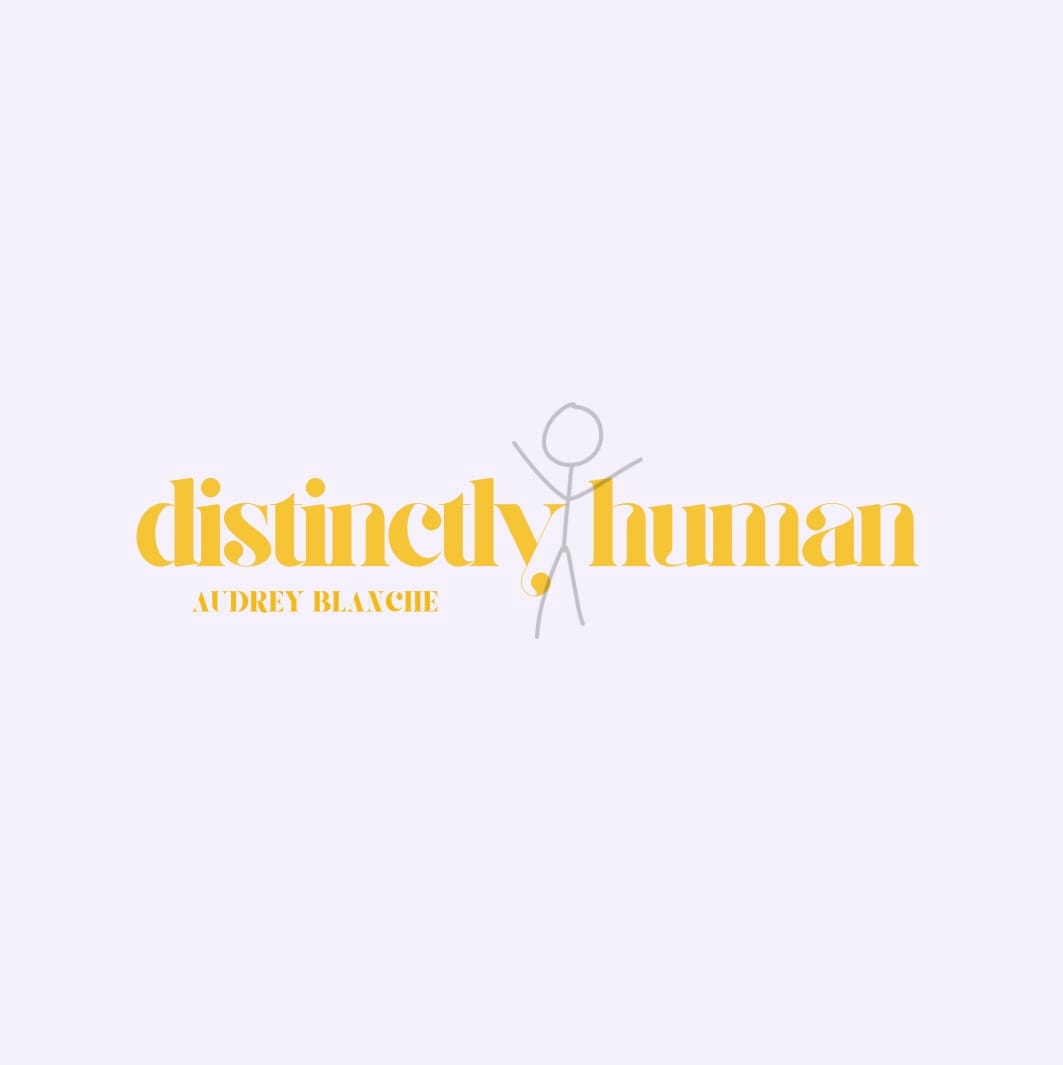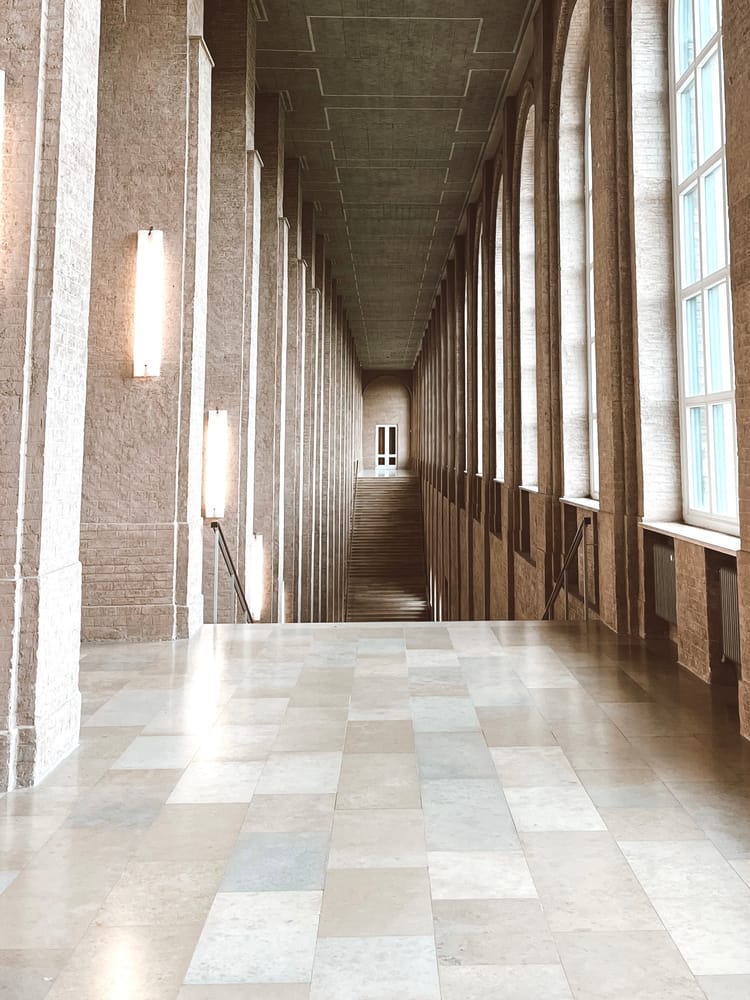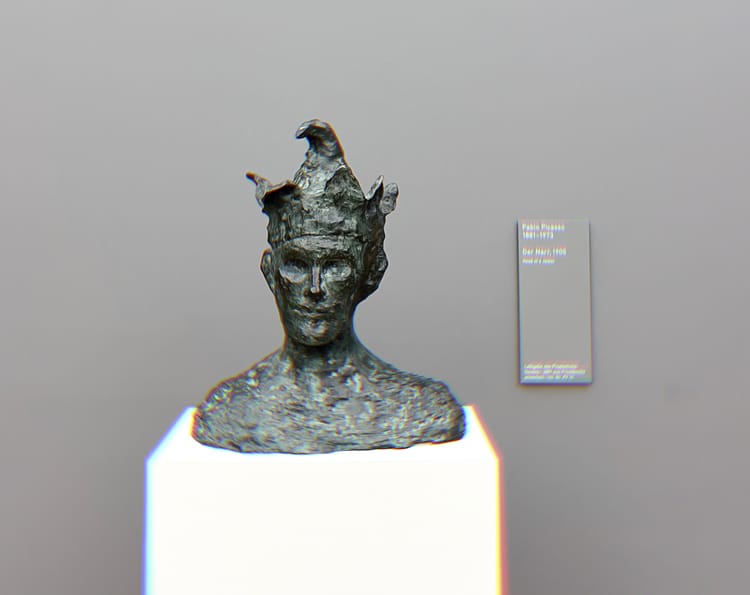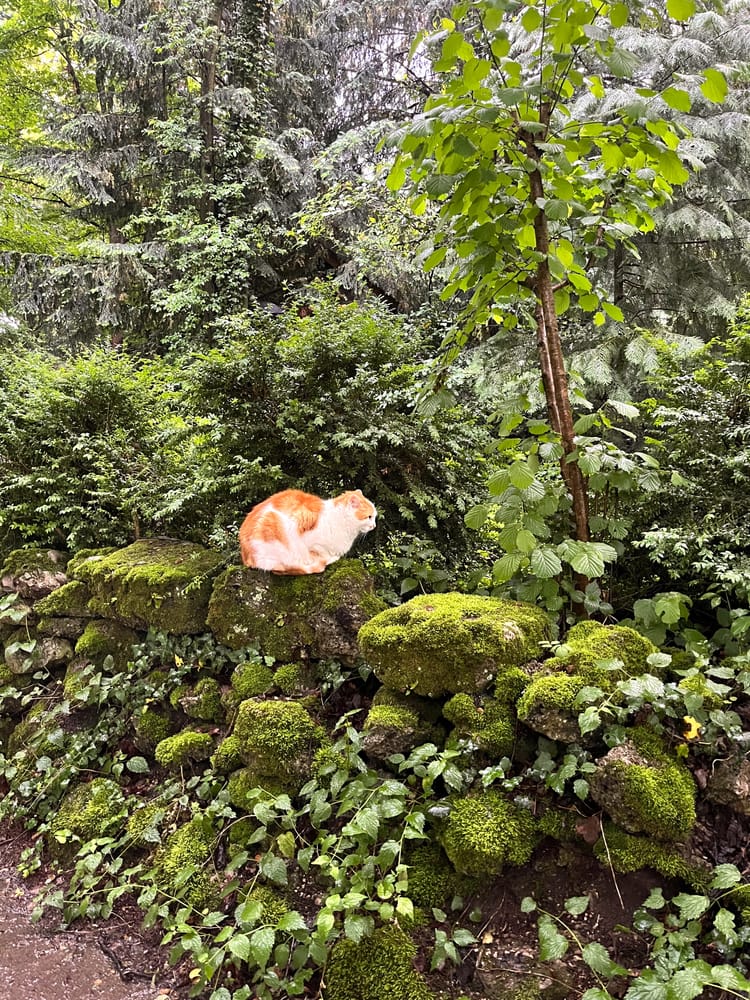Freedom

At the most fundamental level of life is choice. The human body contains trillions of cells that are making decisions to assume different forms and functions. Neurons choose whether or not to fire, similar to how we make decisions that ultimately create the life we live. Freedom is the power of self-determination, where self-determination is the ability of the individual to have control over their life. Meanwhile, control itself is determined by choice, often incentivized by reward.
To discipline the self in choice is not to lack freedom; it is to form a harmonious relationship with time. A decision is shadowed when time is limited. When time is expansive, the decision remains open-ended. Disciplining the self to choose when time is expansive leads to expansion of self-determination. The more often an individual makes a choice, the more choices they will have. Synonymous with the building blocks of life, choice itself is a building block. Discipline to choice allows for a block to be built and expanded. However, the same choice made repeatedly will eventually stop the expansion of choices. Choices often serve as lessons; repeating the same choice inevitably leads to similar repetition of the previous outcome. The randomness of luck is pre-determined by discipline in choosing. Though luck is what appears random, it is the precursor, choice, that is such.
On occasion, a choice is made by others for others, limiting the freedom to empowerment of those individuals as well as luck. In a sense, freedom itself behaves as a currency. It flows through gains, losses, and balances. Just as you may give a child boundaries to uphold (playing outside but limited to the street), as they gain more freedom (playing outside but limited to the neighborhood). Privilege makes an appearance when freedom is made unequal. There are fundamental and earned freedoms. The latter is accessed through the accumulation of knowledge. Fundamental freedoms are those that are the individual blocks of life. These freedoms do not need to be earned. Choice is a freedom guaranteed by the mind. When an individual is faced with a choice, they are inherently free to make one.
While additional freedom is earned through knowledge, fundamental knowledge exists through existence itself. Opinion is a choice. Inherent knowledge provides additional freedom, while learned knowledge continues to build. However, the ability to build is infringed upon by corrupted power. When interference by corrupted power creates an unequal state of freedom, there will undeniably be privilege. Therefore, the consistency, access, and quality of knowledge itself is fundamental to the development of freedom.
A choice that is made by one for others runs the risk of an individual assuming an influx of power. This influx of power shifts the dynamics of freedom, where freedom becomes debatable instead of indisputable. Furthermore, an influx of power can lead to externally imposed limitations of choice. Power itself may not be inherently detrimental; it is the motive behind power that can create a rift. When a power influx occurs, it’s as if freedom then becomes a currency at the expense of power. Without a boundary for power, freedom becomes powerless self-determination.
On the contrary, power is not corrupted. This form of power, brought by positive motivation, may be beneficial to more of the collective. Power as a concept is not inherently malevolent as the influence that power may have is determined by the usage of the individual. Ineluctably, the people may share disagreements on uses of power. Disagreements upon usage create a static state, in which the collective is split. Regardless, the power remains in the hands of the single individual. Therefore, the individual with the hand of power should be the single best representation of the people. They should not stray. To stray from the people, is to corrupt power. When power is corrupted, freedom is murdered.
Regardless of the individual holding power, the freedom for people to make autonomous choices continues to be guaranteed by the mind itself. However, when there is no need for choice, guaranteed freedoms diminish. Without the ability for autonomous choice, freedom itself is a fractured figment. The choices necessary to leave up to power are those that influence the collective. Speed limits are the responsibility of a power making choices for the collective. Sexual orientation is the responsibility of an individual. Equality for all should always prevail. Inequality is the path of powerless self-determination. True freedom exists only when every individual is equal.
The freest place one can find themselves is in the home they create for themself in the mind. Limitations of the mind serve to be one of the largest stents to building the blocks of choice. Liberation from one’s thoughts is the freest one could truly be. When the mind is a prison to the self, the body is imprisoned by the self. When the body is imprisoned by the self, the spirit is imprisoned by the body.
Each of us exists along a string of possibilities; the odds of living at all are extremely small. In order to have a possibility, a series of decisions were made. Some of these decisions made sense; trees grow their leaves out towards the sun. Some decisions are not thought about twice, and some we don’t realize we’ve made. Being plagued with decisions means one has not made a choice. Making a choice will almost always relieve the plague. Some decisions are made for us, like the weather impacting an event. Choices are random, but the more choices that are made, the more familiar the choice itself becomes.






Member discussion